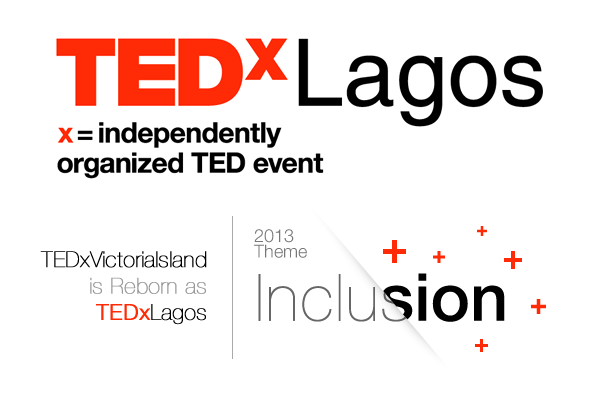Bring them Home – Nigerian Knowledge Workforce! (PART I1)
 Now with the Global meltdown, the Nigerian knowledge workers are in want. And stories are circulating in the Valley of immigrants abandoning their cars and homes to move back in with their parents abroad. But beyond the outflow of techies, Intel, Microsoft, and others have begun worrying publicly about a much broader problem: overall U.S. tech dominance. Speaking at the Agenda technology conference in Scottsdale recently, Intel CTO Pat Gelsinger fretted that “perhaps the current downsizing of the U.S. IT industry is not a temporary thing. Maybe we are headed for becoming a second-class citizen in the world of IT.” Microsoft strategist Craig Mundie, sipping cocktails at a reception later, seemed to agree. “If the U.S. cedes its leadership in IT” to countries like India and China, he ominously opined, “there will not be a second chance.”
Now with the Global meltdown, the Nigerian knowledge workers are in want. And stories are circulating in the Valley of immigrants abandoning their cars and homes to move back in with their parents abroad. But beyond the outflow of techies, Intel, Microsoft, and others have begun worrying publicly about a much broader problem: overall U.S. tech dominance. Speaking at the Agenda technology conference in Scottsdale recently, Intel CTO Pat Gelsinger fretted that “perhaps the current downsizing of the U.S. IT industry is not a temporary thing. Maybe we are headed for becoming a second-class citizen in the world of IT.” Microsoft strategist Craig Mundie, sipping cocktails at a reception later, seemed to agree. “If the U.S. cedes its leadership in IT” to countries like India and China, he ominously opined, “there will not be a second chance.”
Equally worried was Ray Bingham, CEO of Cadence Design Systems in San Jose, whose software helps automate sophisticated semiconductor design. “China produces 600,000 engineers a year, and 200,000 of them are electrical engineers,” he said in his presentation at the conference. By contrast, the U.S. last year granted 70,000 undergraduate and 37,000 graduate degrees in electrical engineering. Compounding the problem, 54% of engineering doctorates went to foreign students, many of whom returned home after graduation.
Tech executives are also disheartened by what they see as a disastrous diminution in national commitment to IT research and development, and by the low penetration of broadband in the U.S. compared with other countries. Given those shortfalls and the obvious advantages entrepreneurs like Velpuri enjoy in other countries, it’s hardly surprising that more than a few tech executives are wondering where that leaves the U.S. “When I look 20 years down the road, I have trouble believing there’ll be much software development in the U.S.,” says Kanwal Rekhi, a prominent Silicon Valley angel investor. Sure puts tech’s current list of troubles in perspective. “
Over 28,000 Nigerians work for the US Federal and State governments in different capacities, including case workers, analysts, policy makers, etc. Over 30,000 Nigerians are in Financial Services including Financial Analysts, Accountants, bond/stock traders, etc. There are over 30,000 businesses owned by Nigerians in the US, including commercial, service providers, real estate, general Consulting, and petty (registered) businesses. Note: Figures on total population includes off-springs and second generation Nigerians.
With a population of more than 155 million people (Nigerians), question is, how many IT Software Code Warriors do we need and must we raise and transplant from the Diaspora a year, groom in 10 years and in what categories for what? 10 million warriors, 20 million code eaters or more? Collectively we must find out. The ‘bring them home’ project is a call to invest in the future – the knowledge future.
If we don’t invest in Nigeria’s knowledge future today, that same unshared knowledge clusters will gather, converge and emerge to hunt us, hack us, and deal with us, before we are taken hostage as a digital colony by other nations, The Naija knowledge identity dream is an enigma of our time, and weather we like it or not, it will remain a social continuum until we apiece the gods of IT.
Chris Uwaje, is the CEO, Connect Technologies, Lagos. & President of ISPON.


